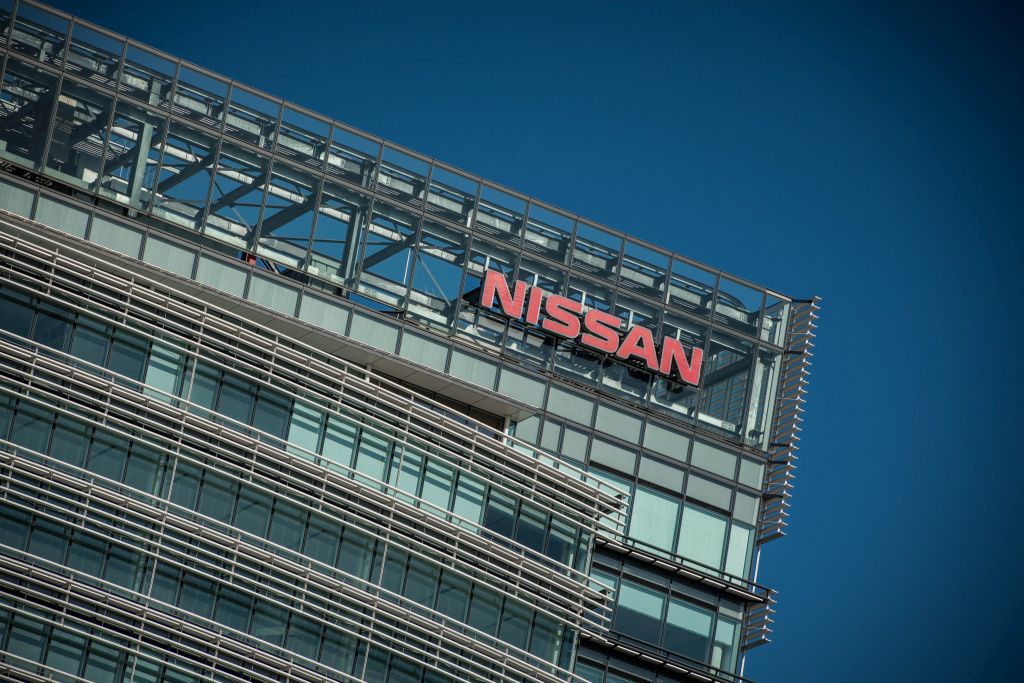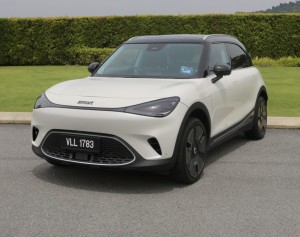TOKYO: Nissan Motor Co. aims to boost the percentage of women in management by 2023 to a level that stands out within Japan's male-dominated auto industry, though its chief sustainability officer said there's still far more room for improvement.
The Japanese carmaker said Friday it's seeking to increase its ratio of women managers in Japan to 13% by 2023, up from roughly 10% this year. Globally, the Yokohama-based company is targeting 16% women managers by the same year.
Those numbers may seem small, but they're on the ambitious end of the scale in Japan. Despite the Japanese government's push to increase the number of female workers and women in management to 30% by 2020, as of last year, fewer than 8% of managerial positions were held by women.
The gap is even starker when it comes to Japan's conservative and largely male-dominated automotive industry.
Among Japanese manufacturers with 1,000 or more employees, around 4.7% of managers are women, according to the country's labour ministry.

Hoshino.
Nissan, which credits its alliance with France's Renault SA with helping bolster its diversity, started to promote gender equality in 2004, about a decade before rivals.
Today, Nissan's executive vice president Asako Hoshino stands out as the most senior-ranked woman among internally-promoted executives in Japan's automotive industry.
Still, Nissan's chief sustainability officer Joji Tagawa said he's not satisfied: "Whether the target for 2023 is bold and strong enough? Not yet," he said at a briefing Friday.
Indeed, Nissan's targets are low compared with international standards.
Globally, the percentage of women in top management positions rose to a high of 29% in 2020, according to Catalyst, a nonprofit that tracks women in business. Only two of Nissan's 12 board members are women.
"We're aiming to eliminate inequality and discrimination. We have big room for improvement," Tagawa said. Today Nissan has a number of systems supporting women workers, including childcare centers at its headquarters and various other locations in Japan, as well as policies that accommodate activities such as child-pickup, according to a Nissan spokesman.
"It's not just about hitting targets," Tagawa said. Despite representing a small portion of auto executives globally, recent research shows women influence more than 85% of all auto purchases in markets such as the US.
"Mothers, wives and daughters inform car-purchasing decisions," Tagawa said. Increasing managerial diversity "will improve Nissan's brand value," he said.












